Table of Contents
The dark side of social media in the Philippines has become increasingly apparent, overshadowing its many benefits such as connecting people, sharing information, and fostering creativity. Platforms like Facebook, Twitter, and Instagram have united communities and provided a breeding ground for negativity, misinformation, and online toxicity.
A significant contributor to this toxic environment is the Filipino “crab mentality,” a cultural trait where individuals attempt to pull others down out of envy or jealousy. This behavior, when amplified by social media, leads to harmful phenomena like cancel culture, troll farms, and the spread of misinformation.
In this post, we will explore how these toxic Filipino traits are exacerbated by social media, deepening the dark side of social media in the Philippines.
The Rise of Cancel Culture in the Philippines

Cancel culture, a significant part of the dark side of social media in the Philippines, has gained momentum recently. This section delves into its definition, manifestations, and real-life consequences, highlighting its impact on individuals and society.
What is Cancel Culture?
Cancel culture involves withdrawing support for public figures, businesses, or individuals after they have done or said something considered objectionable or offensive. It often results in mass online shaming, boycotting, and public humiliation. On social media, this culture manifests through viral hashtags, coordinated call-outs, and widespread ostracism.
Filipino netizens are known for their passionate engagement with social media, which can sometimes turn into a hyper-vigilant call-out culture. This eagerness to highlight perceived wrongdoings often escalates into online harassment and cyberbullying. The anonymity provided by social media platforms emboldens users to participate in these toxic behaviors without facing immediate repercussions.
Real-Life Consequences
The impact of cancel culture in the Philippines can be severe and far-reaching. For instance, local businesses have faced boycotts and negative publicity due to social media backlash, leading to significant financial losses and even closures. Individuals, too, are not spared; some have lost their jobs or faced public disgrace due to viral cancel campaigns.
The personal and professional lives of those targeted can be irreparably damaged, showcasing the destructive power of cancel culture in the digital age. By examining these facets of the dark side of social media in the Philippines, we can better understand the complexities and consequences of our online interactions, and hopefully, work towards fostering a more positive and constructive digital community.
Toxic Filipino Netizens: More Than Just Trolls
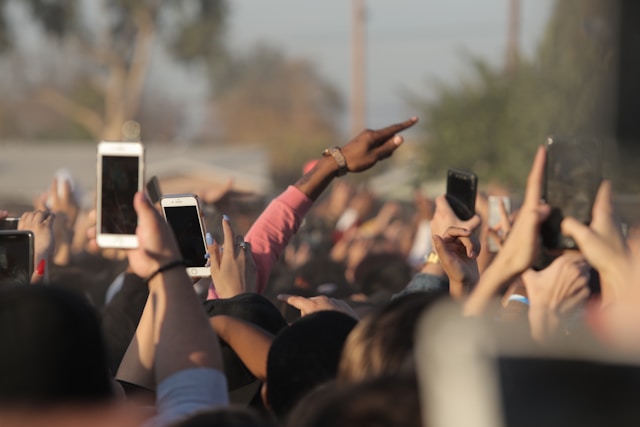
As we delve deeper into the dark side of social media in the Philippines, it’s crucial to understand the behavior of toxic Filipino netizens. Beyond just trolls, these individuals exhibit a range of harmful behaviors that contribute to the negative online atmosphere.
Defining the Filipino Troll
In the Philippines, trolls can be found across various social media platforms. While some engage in playful teasing and banter, others cross the line into harmful trolling. Harmful trolling involves intentional actions aimed at provoking, harassing, or bullying others, often leading to severe emotional distress for the victims.
The toxic Filipino culture online manifests in numerous ways. Spreading hate speech, body-shaming, and launching personal attacks are common behaviors. These actions target individuals and create a hostile environment that discourages healthy discourse and promotes negativity.
The Psychology Behind It
Several factors contribute to the toxic behavior of Filipino netizens. Anonymity on social media platforms allows individuals to act without fear of repercussions, while the lack of accountability fosters a sense of impunity. Additionally, the desire for validation and recognition drives some to engage in extreme behaviors to gain likes, shares, and followers, feeding into the cycle of online toxicity.
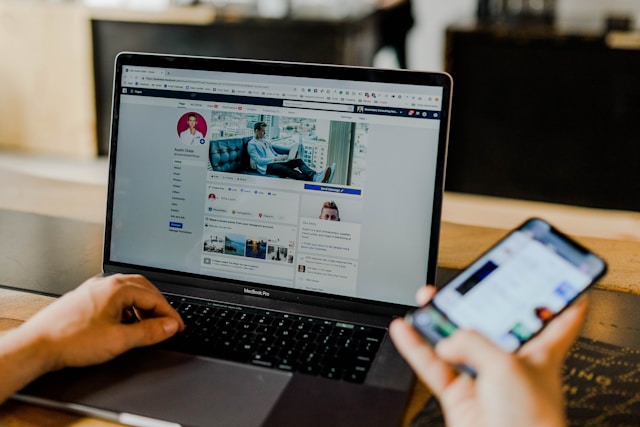
To further understand the psychology behind these toxic behaviors, it’s essential to consider the following aspects:
By understanding these psychological factors, we can better address the root causes of toxic behavior on social media and work towards creating a more positive and respectful online environment.
The Rise of Filipino Troll Farms
Another alarming aspect of the dark side of social media in the Philippines is the rise of troll farms. These organized groups are paid to manipulate online discourse, significantly impacting public opinion and democratic processes.
What are Troll Farms?

Troll farms are groups of individuals hired to create and spread content aimed at influencing public perception. They are organized and systematic, working to flood social media platforms with posts that support specific agendas or discredit opposing views. These activities are often orchestrated by political entities or other organizations with vested interests.
In the Philippines, troll farms play a significant role in shaping political narratives. These farms employ individuals who create a vast number of fake accounts to disseminate propaganda, amplify the image of specific political figures, discredit opponents, and manipulate public opinion.
Here’s a deeper look into how troll farms operate and their impact:
The Impact on Democracy
The activities of troll farms have severe implications for democracy in the Philippines. By spreading misinformation and polarizing public discourse, they undermine the integrity of democratic processes.
Here are some key impacts:
How Toxic Social Media Affects Everyday Filipinos
The dark side of social media in the Philippines extends beyond political manipulation and organized trolling. It permeates the everyday lives of Filipinos, affecting mental health, trust in information, and the freedom to express opinions. This section explores how these negative aspects impact individuals on a personal level.
Mental Health Concerns

The rise of cyberbullying and online harassment has led to a significant increase in mental health issues among Filipinos. Victims of these toxic behaviors often experience heightened levels of anxiety, depression, and stress.
The relentless nature of online harassment, where negative comments and attacks can occur at any time, exacerbates these conditions. Social media platforms, intended for connection and support, can instead become sources of relentless negativity, damaging the mental well-being of users.
According to studies, the constant exposure to negative interactions on social media can lead to feelings of inadequacy and lower self-esteem. Adolescents and young adults, who are more active on these platforms, are particularly vulnerable.
The pressure to maintain a perfect online persona, coupled with the fear of judgment and ridicule, contributes to a growing mental health crisis. Mental health professionals have observed a surge in cases related to social media stress, indicating a dire need for awareness and intervention.
Erosion of Trust
The spread of fake news and misinformation has created an environment where it is increasingly difficult for people to trust the information they encounter online. This erosion of trust has serious implications for society.
When reliable information becomes indistinguishable from falsehoods, individuals may become skeptical of all news sources, including reputable ones. This skepticism can lead to a less informed public, which is particularly dangerous in times of crisis when accurate information is crucial for decision-making.
In the Philippines, where social media is a primary source of news for many, the prevalence of fake news can distort public perception on critical issues such as health, politics, and safety. During the COVID-19 pandemic, misinformation about the virus and vaccines spread rapidly, causing confusion and fear.
The inability to differentiate between credible and fake news sources undermines public trust in institutions and hampers collective efforts to address national challenges. Restoring trust requires a multifaceted approach, including stronger regulations, fact-checking initiatives, and public education.
Self-Censorship

The fear of being “canceled” has led many individuals to self-censor their opinions and limit their engagement on social media. Cancel culture in the Philippines often involves public shaming and ostracism, which can have severe personal and professional consequences.
To avoid these repercussions, many users choose to remain silent on controversial issues, stifling the diversity of opinions and healthy debate that social media should foster. This self-censorship can lead to a homogenized discourse where only certain viewpoints are expressed, further entrenching the toxic environment.
Self-censorship not only limits personal expression but also weakens democratic participation. When people are afraid to voice their opinions, important conversations about social, political, and economic issues are stifled.
This silence can perpetuate the status quo and hinder progress. Encouraging open and respectful dialogue is essential to counteract the fear of cancellation and promote a more inclusive and dynamic online community.
Troll Farms, Fake News, and the Fate of the Nation
The impact of troll farms and the spread of fake news goes beyond individual experiences, influencing the very fabric of the nation. This section examines how organized misinformation campaigns affect public opinion, elections, and the broader political landscape in the Philippines.
Misinformation as a Weapon
Troll farms deliberately spread false information to manipulate public opinion. These organized groups create and disseminate misleading content designed to deceive and misinform. By doing so, they can sway public sentiment on various issues, from political candidates to social policies. This manipulation is a powerful tool, as it exploits the trust and reach of social media to shape narratives and influence the masses.
The strategic dissemination of fake news can create confusion, fear, and division within society. Troll farms can drown out legitimate discourse and create an environment where truth becomes subjective, especially by flooding social media with false or misleading information. This deliberate spread of misinformation is often used to distract from real issues, manipulate political agendas, and undermine public trust in the media and government institutions.
The 2022 Elections and Beyond
The role of troll farms in the 2022 Philippine elections was significant, highlighting their potential impact on future political campaigns. Troll farms were employed to bolster certain candidates’ images, discredit opponents, and spread propaganda. Their activities contributed to a highly polarized and contentious election environment.

A notable example was the character assassination of then Vice President Leni Robredo. Troll farms worked tirelessly to spread false information, doctored images, and defamatory content to undermine her credibility and reputation. These efforts aimed to sway public opinion against her, highlighting the destructive power of organized misinformation campaigns.
During the 2022 elections, troll farms were used to create artificial support for candidates, influence undecided voters, and intimidate opposition supporters. These tactics included spreading false narratives about opponents, amplifying divisive issues, and generating fake engagement to create the illusion of widespread support.
The impact on voter behavior and the overall electoral process was profound, raising concerns about the future of democracy in the Philippines.
As political campaigns increasingly rely on digital strategies, the influence of troll farms will likely grow, necessitating stronger regulatory measures and public awareness campaigns to protect the integrity of elections.
The Importance of Media Literacy
Combatting the spread of fake news requires a concerted effort to improve media literacy among Filipinos. Educating individuals on how to identify and verify credible sources of information is essential. Media literacy programs can teach critical thinking skills, enabling users to discern fact from fiction and make informed decisions. By fostering a more media-literate populace, the Philippines can mitigate the effects of misinformation and strengthen the democratic process.
Effective media literacy education should be integrated into the school curriculum and supported by community initiatives. Workshops, seminars, and online resources can equip citizens with the tools they need to navigate the complex media landscape.
Collaborative efforts between the government, educational institutions, and civil society organizations can enhance public understanding of media manipulation tactics and promote responsible consumption of information. By empowering individuals to critically evaluate the content they encounter, media literacy programs can play a crucial role in preserving the integrity of public discourse and protecting the democratic values of the Philippines.
Conclusion
The dark side of social media in the Philippines reflects and amplifies existing societal issues, including toxic Filipino traits like the crab mentality, pervasive cancel culture, and online harassment.
These behaviors thrive in the digital space due to anonymity and lack of immediate consequences, necessitating a collective effort to address these underlying problems. To combat this, it’s crucial for individuals to be mindful of their online behavior, promote respectful dialogue, and support initiatives against misinformation and harassment.
Despite these challenges, there is hope for a healthier online landscape through fostering media literacy, promoting empathy, and encouraging positive engagement. The power to create a supportive and informed social media environment lies within each responsible netizen, paving the way for a digital space that reflects the best of Filipino values.
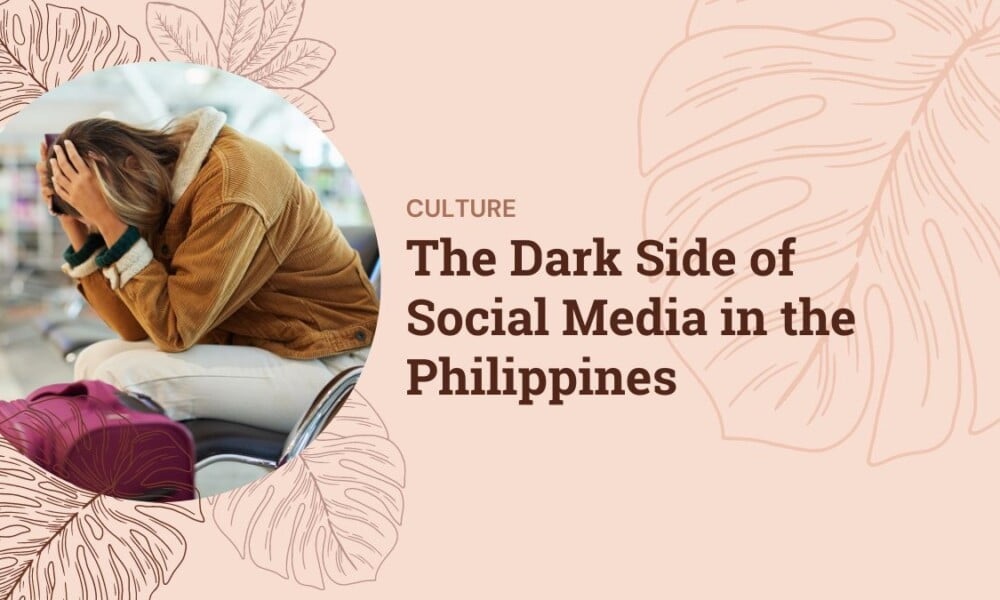



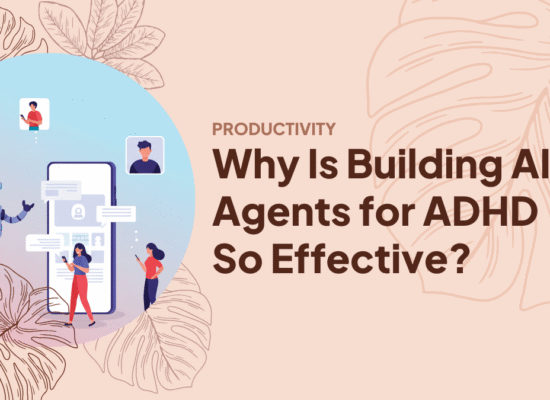
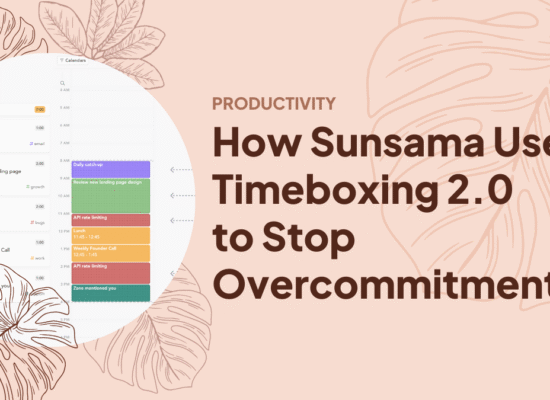
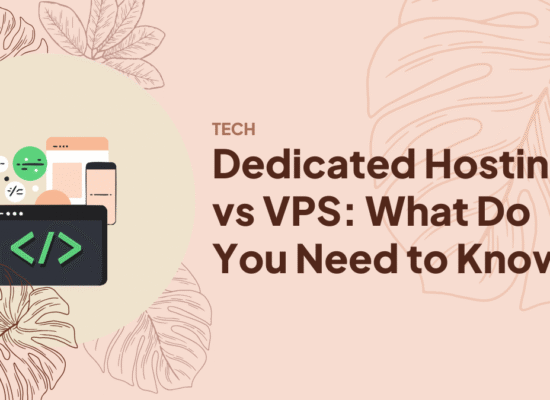
No Comment! Be the first one.